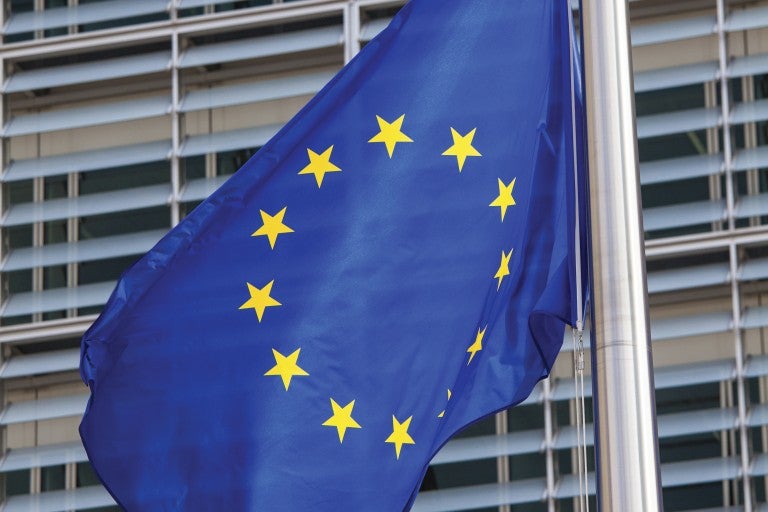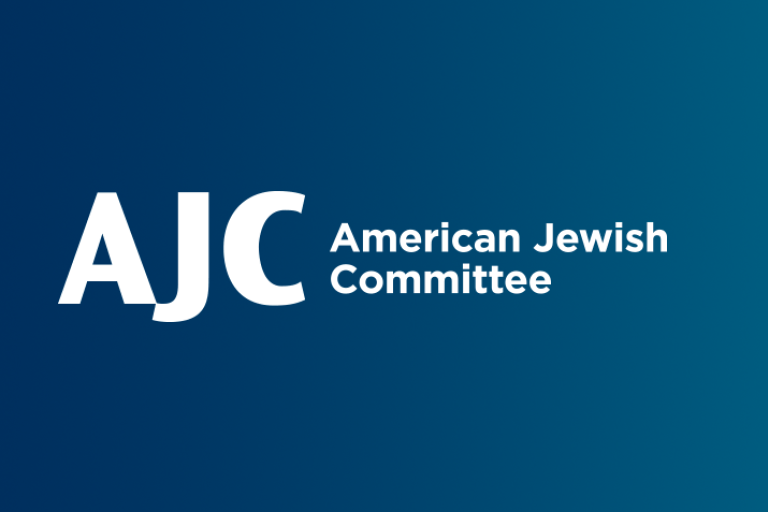March 11, 2015
Everyone agrees that Iran shouldn’t get the bomb, but the P5+1 is striking a deal with Tehran, hoping that the Ayatollahs will play by the rules. Isn’t that a big hope?
With the deadline looming for the talks between world powers and Iran over the latter curbing its nuclear programme, Israeli Prime Minister Benjamin Netanyahu addressed a joint meeting of the US Congress last week, hoping to avert an emerging deal that, in his view, would not prevent Iran from becoming a threshold nuclear weapons power. World media has focused on the partisan politics and personalities of the Prime Minister's visit, rather than the policy issues at stake.
Far more important is the substantive challenge of Iran's drive to attain nuclear weapons capability. That would fundamentally endanger the balance of power in West Asia, and threaten world peace and security. On the vital importance of addressing that challenge, there is a broad consensus. Despite the frictions between the US and Israeli leaders and the squabbling between American Republicans and Democrats over how to proceed, let's not forget that no one wants Iran to have a nuclear bomb. Indeed, the P5+1 countries — Britain, China, France, Germany, Russia, and the United States — are united in their determination to achieve an agreement with Iran that not only would forestall its programme, but also guarantee that Tehran will not be able to produce a single nuclear weapon. But how can one be absolutely certain?
Iran is ruled by a Shi'ite Muslim clerical regime where elections are fixed, divergent voices are stifled, and dissidents are jailed and sometimes killed — a far cry from the kind of robust democracy we are used to and cherish in India, Israel, and the US. Iran has repeatedly announced its intention of destroying Israel, makes no secret of its hatred for the West, and calls the US the “great Satan”.
In fact, in a show of spiteful contempt, Iran's navy blew up a mock replica of an American aircraft carrier as its diplomats negotiated with the Americans and their P5+1 colleagues — as if Iran were a respectable member of the community of nations even as it thumbed its nose at the world's leading democracy. As Prime Minister Netanyahu noted in his address — and on this President Barack Obama would not disagree — Iran finances and trains its surrogates to infiltrate countries beyond its borders to carry out acts of terror. The US designated Iran a state sponsor of terrorism in 1984.
Iran's growing influence in Syria, Iraq, Lebanon, and Yemen comes at a time when extreme Islamist groups are on the march across the region, subverting Governments, killing people, and precipitating massive flows of refugees. If, on top of this, Iran has access to nuclear weapons, its capacity for wreaking havoc would be unimaginable. It's no surprise, then, that a number of the Sunni-majority Governments, such as Saudi Arabia and the Gulf states, agree with Israel, that Iran must be kept from its goal of uninhibited nuclear research and development. These states are also fearful, like Israel, that the P5+1 may reach an agreement with Iran that enables it to attain nuclear weapons capacity — either, as Mr Netanyahu pointed out, by evading the terms of the deal or by abiding by them and waiting for them to lapse.
They are already talking about developing nuclear programmes for themselves, as a matter of simple self-defense. Such a regional nuclear arms race would pose a nightmare for the world. What has so far prevented the bellicose regime in Tehran from getting the bomb has been the financial and economic sanctions put in place by the international community. Let us not ease up on them before we are entirely sure that Iran cannot attain nuclear weapons capacity.
(The author is director of the American Jewish Committee's Asia Pacific Institute)



